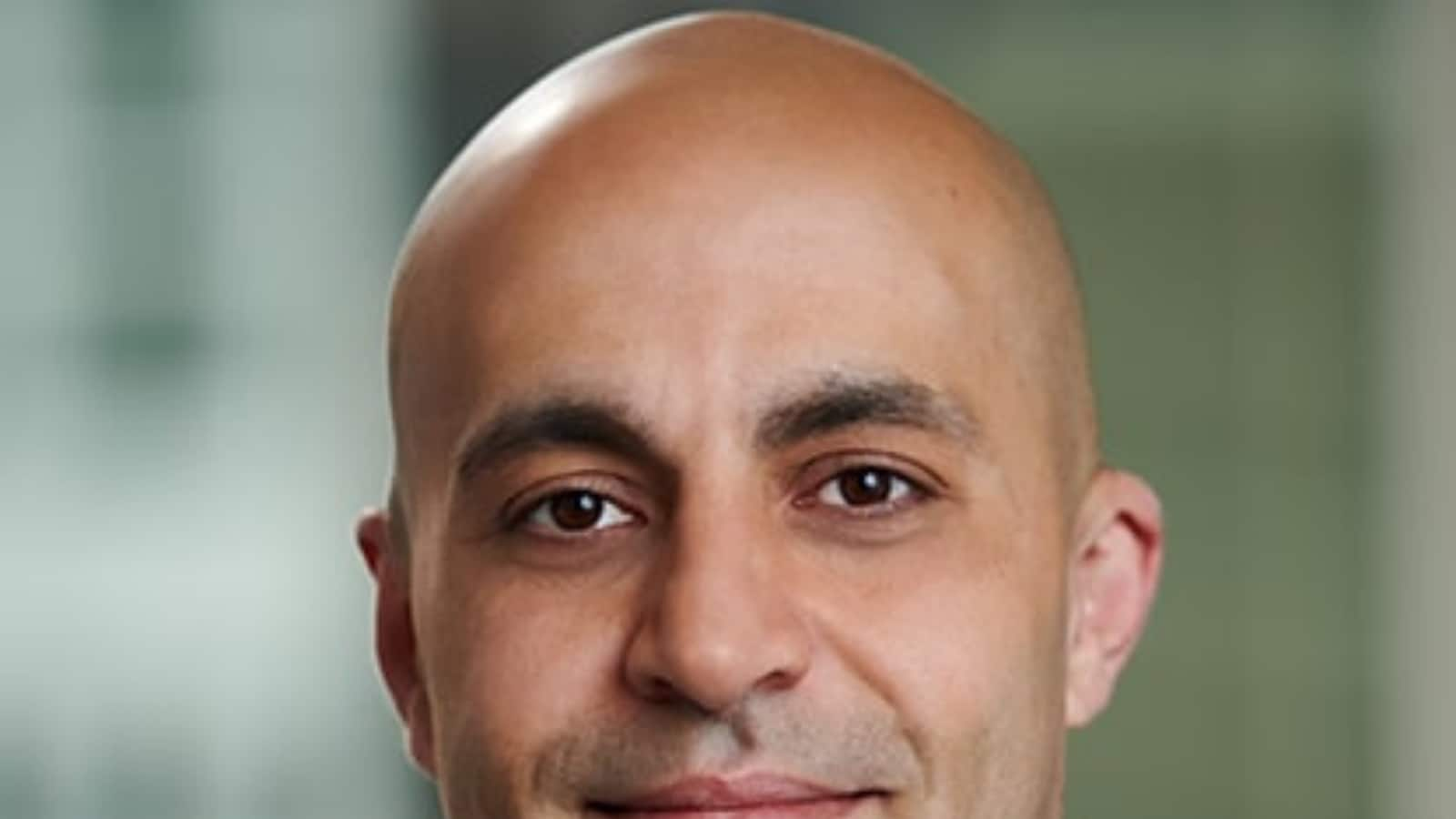This CEO didn’t Want a Penny for his Code, Accidentally Built a $28-billion Startup
San Francisco-based software start-up Databricks has been in the news ever since investors valued it at $28 billion. The company, which started in 2013, only started making profits in the recent days when Ali Ghodsi, the co-founder of Databricks, was chosen to be the CEO after Ion Stoica stepped down from his role. Forty-two-year old Ghodsi was at the time working as vice president of engineering at the time, had no intention of selling his revolutionary code and wanted to give it up for free.
“We were a bunch of Berkeley hippies, and we just wanted to change the world,” Ghodsi was quoted as saying by Forbes. “We would tell them, ‘Just take the software for free’, and they would say ‘No, we have to give you $1 million’,” he added.
What started as a core group of seven academics agreeing to build a startup, raised $ 1 billion in February to gain the title of one of the most valuable companies in the world by February this year.
Databricks uses cutting-edge technology and artificial intelligence to “fuse” costly data warehouses with data lakes to create what it has coined data “lakehouses”, said a report by Forbes.
“There’s little mystery about how Databricks works: Simply feed massive amounts of data into algorithms to train AI models on how to analyse and make predictions with the data. “It’s not like a deep secret sauce that no one knows about,” Ghodsi said.
Databricks has been aiming to near $1 billion in revenue in 2022, an investor noted and according to Ghodsi, $100 billion revenue down the line is also not out of the question.
Ghodsi always did not have such ambitions about Databricks, nor did he think of such a stellar performance when he first started the company. The Iraq-Iran war refugee who used to stay in Sweden and came to the US as a visiting scholar at UC Berkeley, said, “We’d wanted to get some seed funding, maybe raise a couple hundred thousand dollars and then just code away for a year and see what we could get.”
The company arranged an initial meeting with Ben Horowitz, an early Nicira investor, who was straightforward about his investment. “I’m not going to negotiate with you guys; I’m just going to give you an offer, so take it or leave it,” he said and offered a $14 million investment at close to a $50 million valuation. Few days after this, while checking Databricks’ bank account balance, the researchers could not believe what they saw. “Then, at some point, it said ‘14-zero-zero-zero-zero-zero-zero’,” Ghodsi said. “We were totally blown away. I was making $58,000 or $57,000, so this was a lot of money.”
However, within two years, the company was not making much profit, and that’s when Ghodsi the CEO took over.
Ghodsi came in at a time when Databricks was in a tumultuous position and immediately put forth three measures when he took over the company in 2016. First, he wanted to expand the sales force with people who knew how to pitch the idea. Second, build out the C-suite with “people who have done it before”. After that, Ghodsi wanted to create proprietary portions of the software so the salespeople would have something to sell.
The executive team was entirely new within a year, and Ghodsi offered old executives to stay on in exchange for a demotion. “If people were smart enough, they put their egos aside,” he was quoted as saying by Forbes. Only two out of seven people quit after this.
From there, Databricks was unstoppable. It now has only four rivals, according to Ghodsi. One of them is Snowflake. The other three are Google, Amazon and Microsoft — all of who are investors at Databricks. It has been aiming to make its second-ever acquisition of German no-code start-up 8080 Labs. Ghodsi also said that the company was ready to go public soon.
Read all the Latest News, Breaking News and Coronavirus News here. Follow us on Facebook, Twitter and Telegram.
For all the latest business News Click Here

